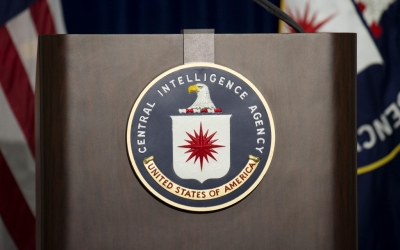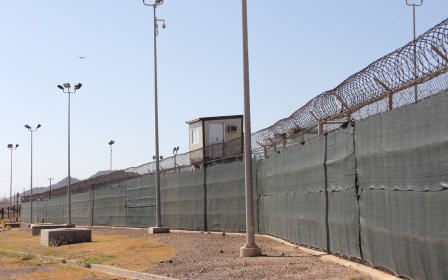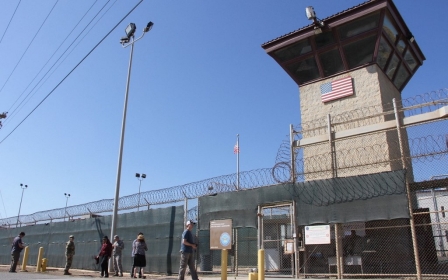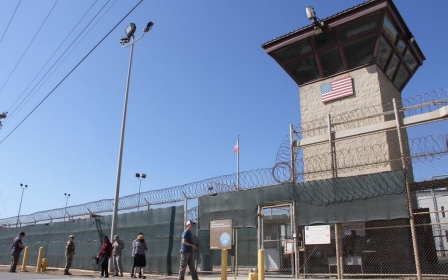Guantanamo: US tells Supreme Court 'forever prisoner' can testify
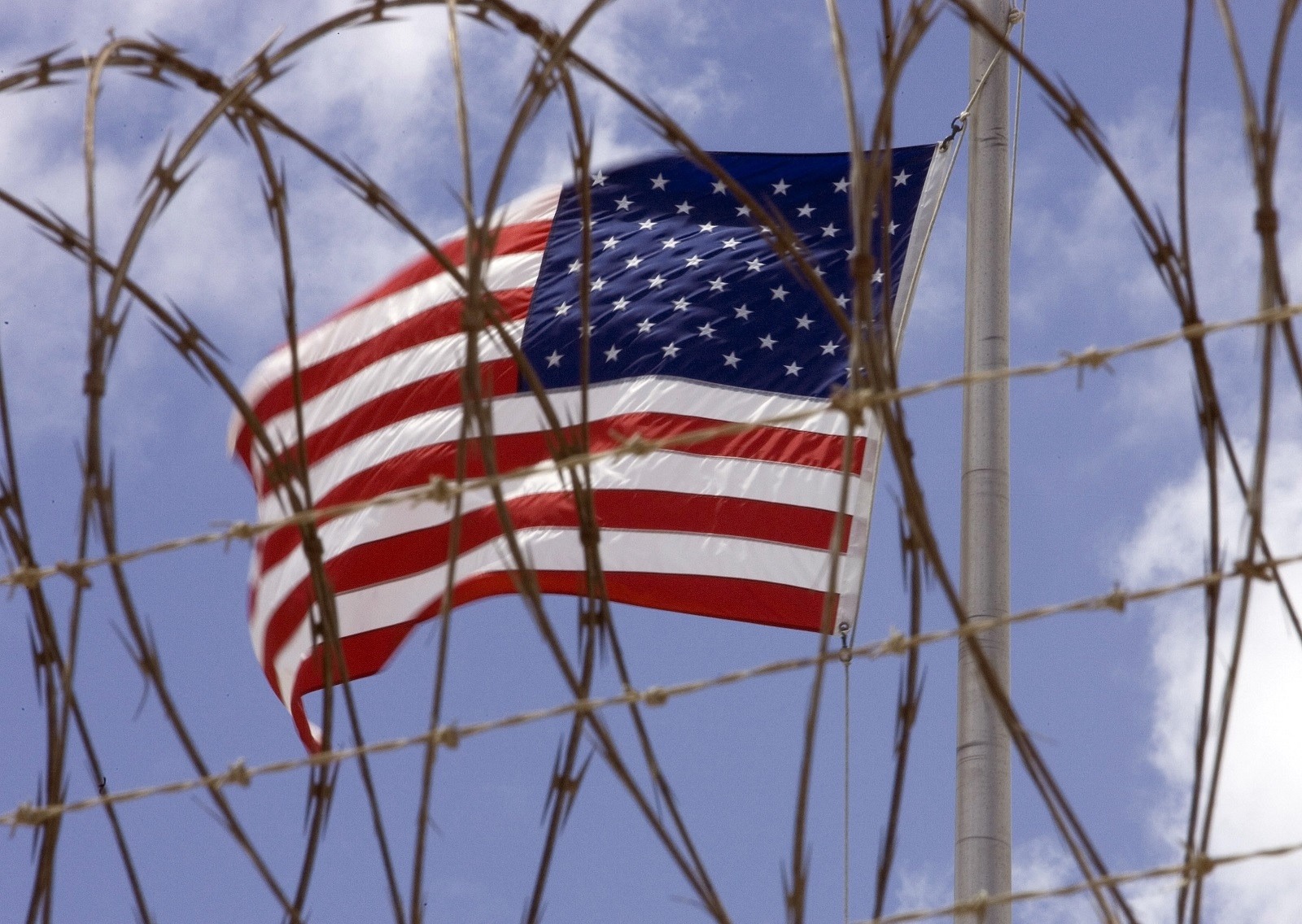
The Biden administration has informed the US Supreme Court that it would allow one of Guantanamo Bay's "forever prisoners" to provide a limited testimony about his torture at the hands of the CIA.
In a filing to the court on Friday, the US government said Abu Zubaydah could "send a declaration that could then be transmitted" to a Polish investigation that is looking into his alleged torture at a CIA black site in Poland.
Any testimony the detainee gives would be subject to a review by the US, which "could result in the redaction of information that could prejudice the security interests of the United States", said Brian Fletcher, acting solicitor general, in his filing.
Still, Fletcher said the review "would not prevent him from describing his treatment while in CIA custody".
Earlier this month, the US Supreme Court heard oral arguments in the case between the US government and Abu Zubaydah, who is seeking to subpoena James Elmer Mitchell and John Jessen, two former CIA contractors, for information regarding his alleged torture in Poland.
The US government argues that parts of the information Abu Zubaydah is calling for should be barred under the state secrets privilege, including the black site's location, while his lawyers argue otherwise.
Fletcher's letter was in response to questions presented during the Supreme Court hearing, where a number of justices asked why Abu Zubaydah could not testify for himself.
"Why not make the witness available? What is the government's objection to the witness testifying on his own treatment and not requiring any addition from the government of any kind?" Justice Neil Gorsuch asked.
In a previous court filing, the detainee's lawyers said the government is blocking him from speaking "as the victim of a crime normally would".
Still, Fletcher said in his letter to the court that Abu Zubaydah's testimony would not resolve the dispute being argued in court concerning the state secrets privilege, which allows the government to block the release of information in a legal case that would cause harm to national security.
Emptying Guantanamo
Abu Zubaydah, a 50-year-old Saudi-born Palestinian man whose formal name is Zayn al-Abidin Muhammad Husayn, was captured nearly two decades ago and held, according to his lawyers, at numerous CIA "black sites" overseas.
There, he was subject to a number of torture treatments including waterboarding, sleep deprivation and being confined to a small coffin-like box, according to a checklist provided by Justice Department lawyers in the infamous "Torture Memos" of 1 August 2002.
In 2006, he was transferred to the Guantanamo Bay military prison, where he is being held to this day without charge.
He is one of 39 detainees who currently remain at the prison that has housed nearly 800 detainees linked to the US "war on terror". Of the 27 others at Guantanamo not approved for release, 10, including the alleged "mastermind" of the 9/11 attacks, Khalid Sheikh Mohammed, are currently facing trial.
Officials in the Biden administration said the government aims to empty the detention centre, reviving a promise made by former President Barack Obama, under whom Biden served as vice president.
Earlier this month, the US approved the release of two detainees, Yemeni national Sanad Yislam al-Kazimi and Afghan national Asadullah Haroon Gul.
Middle East Eye delivers independent and unrivalled coverage and analysis of the Middle East, North Africa and beyond. To learn more about republishing this content and the associated fees, please fill out this form. More about MEE can be found here.


